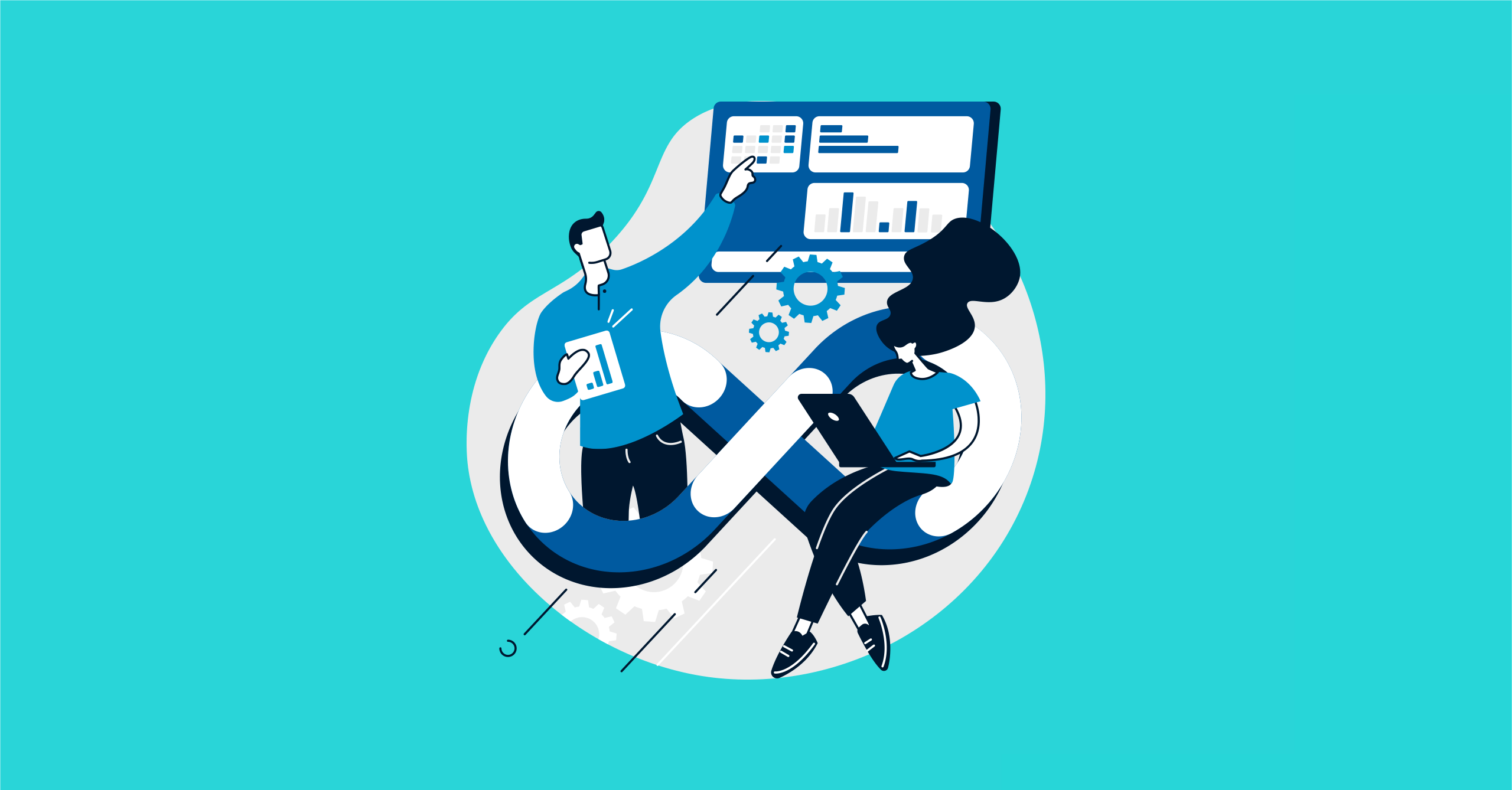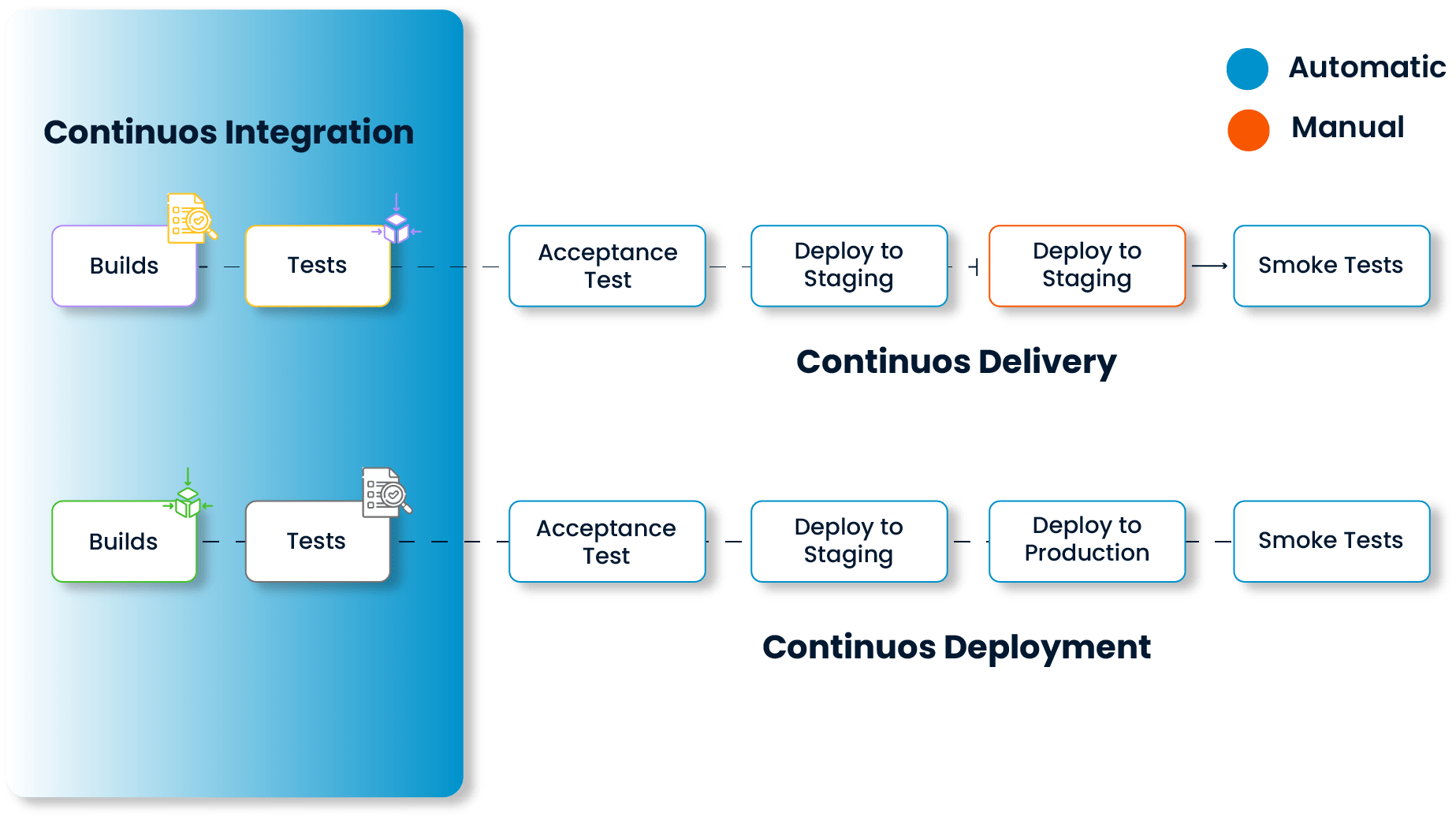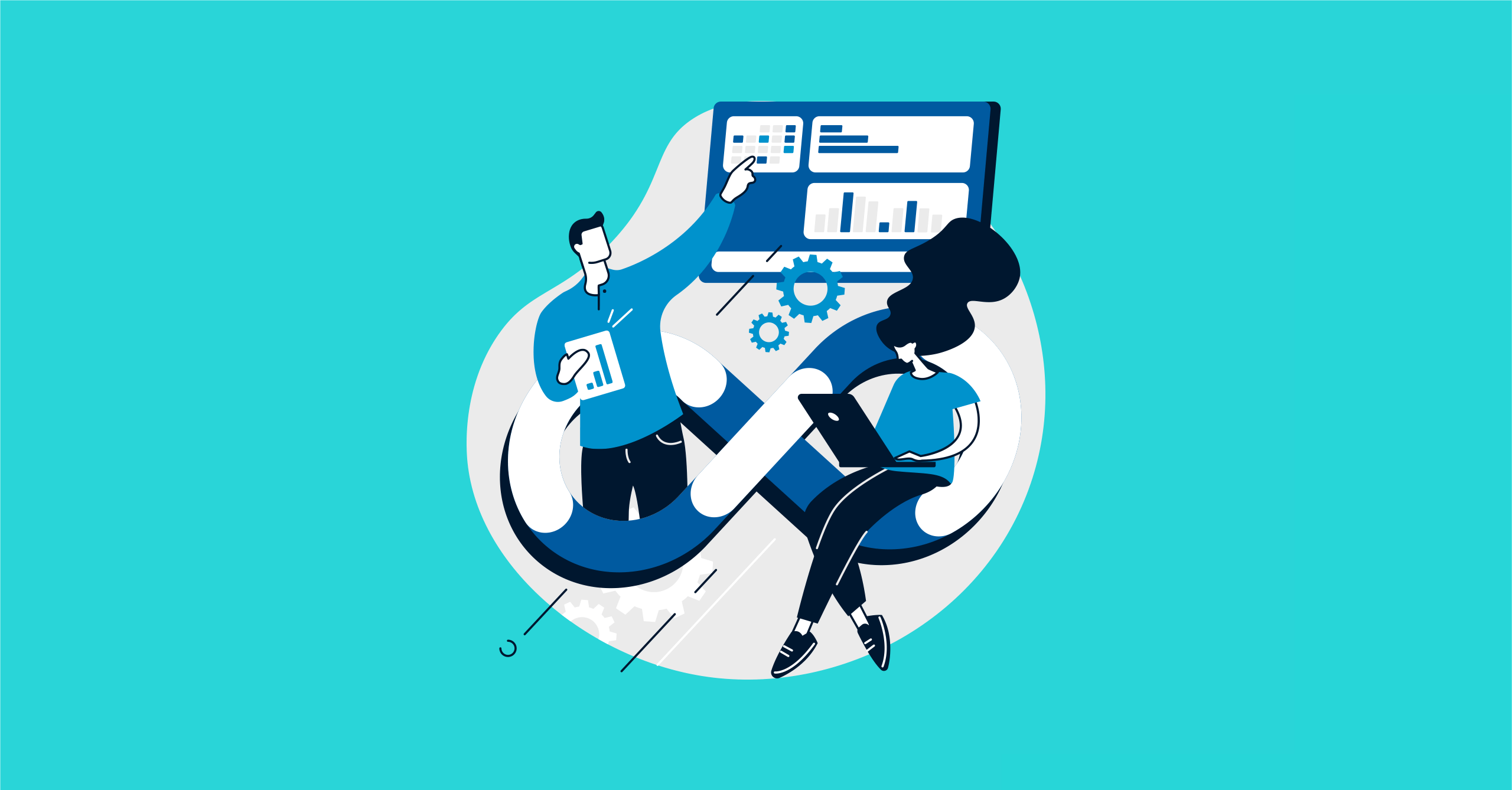
DevOps is an important approach for critical industries such as software, finance, retail and healthcare, which integrates software development and IT operations to provide a faster, reliable and sustainable process. As part of the DevOps approach, Continuous Integration encourages automation and continuous feedback in the software development process.
Continuous Integration practices automatically test every change to the software, enabling bugs to be detected and fixed early. This improves the quality of the software and shortens delivery times. By speeding up processes, reducing costs and increasing collaboration between teams, DevOps today is not just an IT approach, but a strategic growth tool for businesses.
What is Continuous Integration (CI) in DevOps?
Continuous Integration (CI) is an essential practice in software development and modern DevOps that helps improve speed and quality. It allows developers to frequently — often several times a day — reliably upload their code to a central repository. Each code update automatically triggers build and test processes, ensuring the code integrates smoothly into the project without issues.
The main goal of Continuous Integration is to detect and resolve conflicts between code changes from different developers early on. For example, when multiple team members edit the same file at the same time, CI helps quickly identify and prevent issues. This reduces errors in the software development process and shortens project delivery times.
For instance, if a software team does not frequently commit to the shared main branch in the code repository, they are not truly practicing continuous integration. Also, even if build and test processes are automated, developers working for long periods on isolated feature branches and delaying integration go against the core principle of Continuous Integration.
What Are the Benefits of Optimized DevOps Processes with Continuous Integration for Your Business?
1. Faster Speed and Agility
2. Improved Quality and Reliability
3. Early Error Detection
4. Scalable and Flexible Infrastructure
The Cheetah Low-Code Development Platform addresses the need for scalability and flexibility by allowing business processes to be designed in modular pieces and expanded with new modules as needed. This way, companies can easily scale their digital systems without restructuring the platform when expanding operations.






